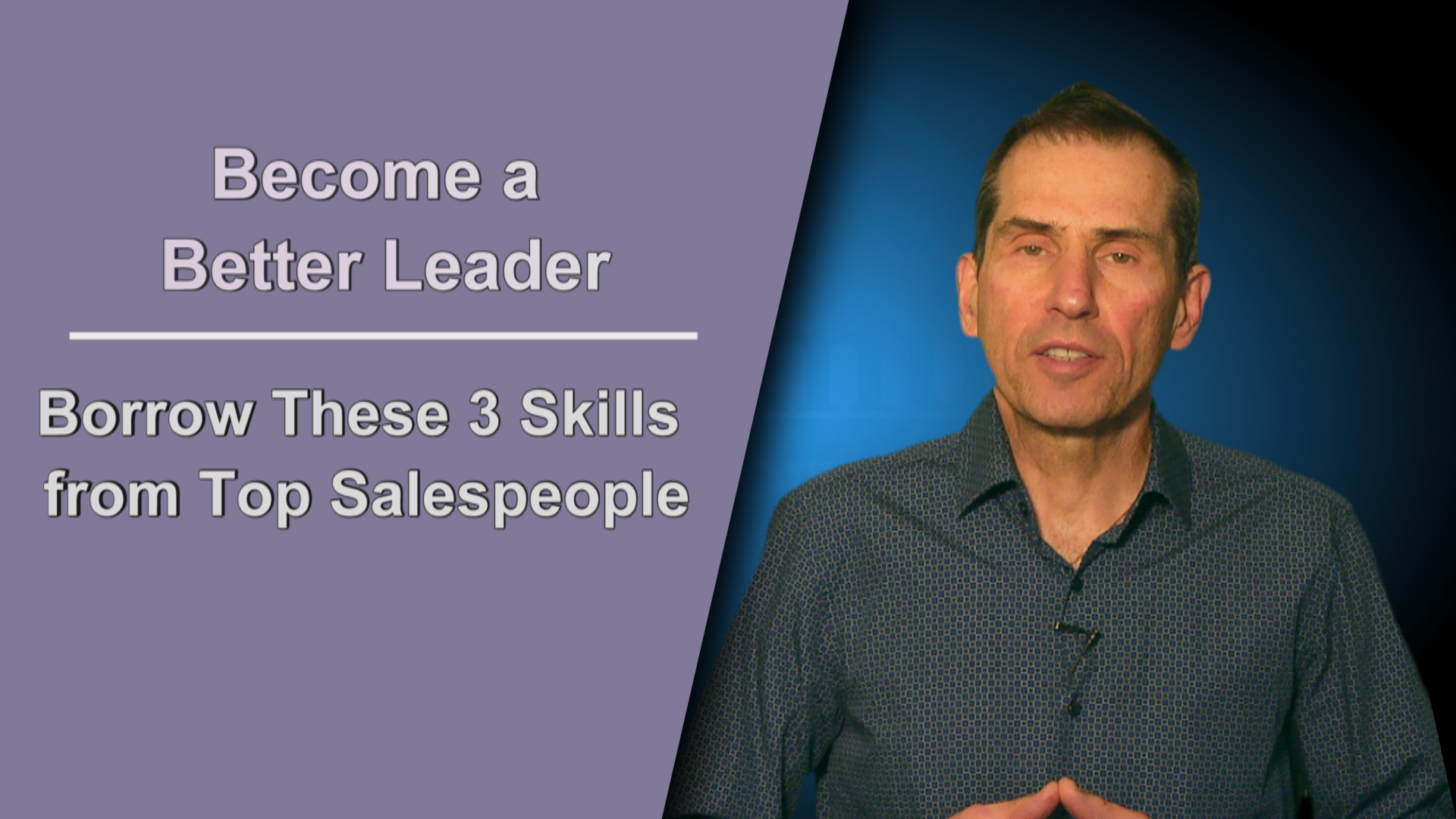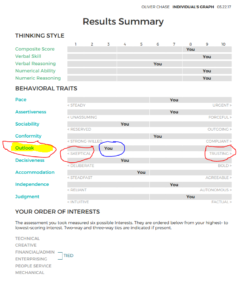Leading Like a Salesperson
Use These 3 Skills from Top Salespeople to Be a Better Leader
 Leaders can learn from top salespeople to become better leaders. This is because great salespeople apply these 3 approaches to be more effective in selling to customers.
Leaders can learn from top salespeople to become better leaders. This is because great salespeople apply these 3 approaches to be more effective in selling to customers.
1. Ask questions
– Great salespeople asks questions to learn what problems they can solve for their clients. Leaders are problem solvers as well. But the role of a leader is to empower people to solve their own problems and take initiative to make improvements. When employees come with a problem, rather than tell them what to do, ask questions to help them think through to a solution. Then ask them what actions they will take for their proposed solution.
2. Follow-up
– Great salespeople are not the most organized with their papers or records because they are busy selling. But they are great with following up on the next step with prospects and clients. Leaders as well need to be consistent in following up on the commitments of their staff members. This holds people accountable and provides coaching opportunities.
3. Use empathy
– When handling objections during selling, great salespeople listen and respond with empathy. They realize that the prospect has a concern that needs to be answered. But first they need to be heard and feel understood. Leaders also need to listen to employees’ challenges, concerns and disagreements. Like salespeople, leaders need to respond first with empathy to show they understand before giving their own opinion. This builds trust and an open dialogue that will spark greater ideas and ways of doing things. It also builds better teamwork and collaboration.
Which one of the three skills listed above could you and your staff best benefit from if you applied regularly? Choose one to work on. Set a goal. Track yourself daily using your agenda, the computer or an app to keep tabs on your progress.




